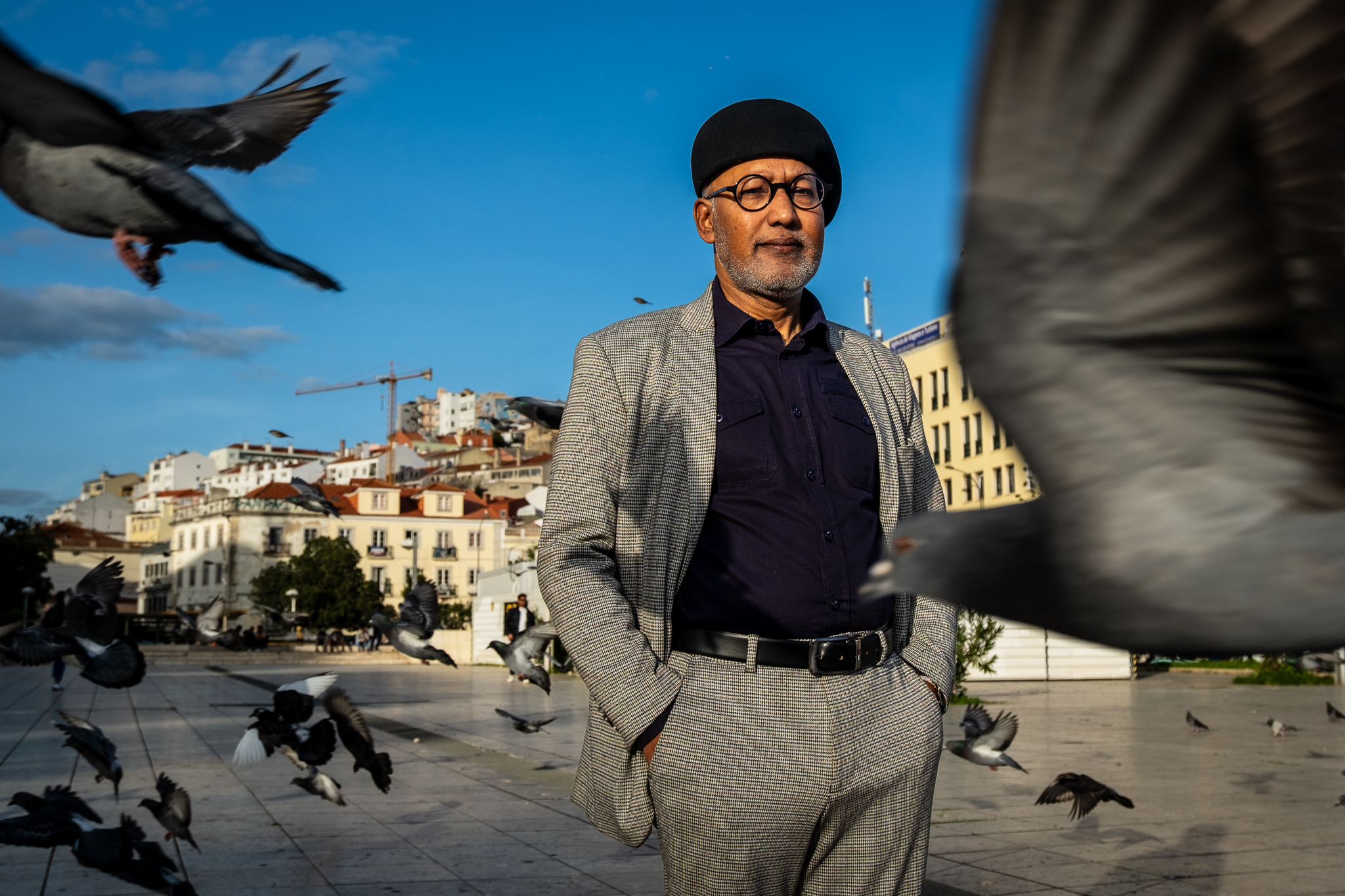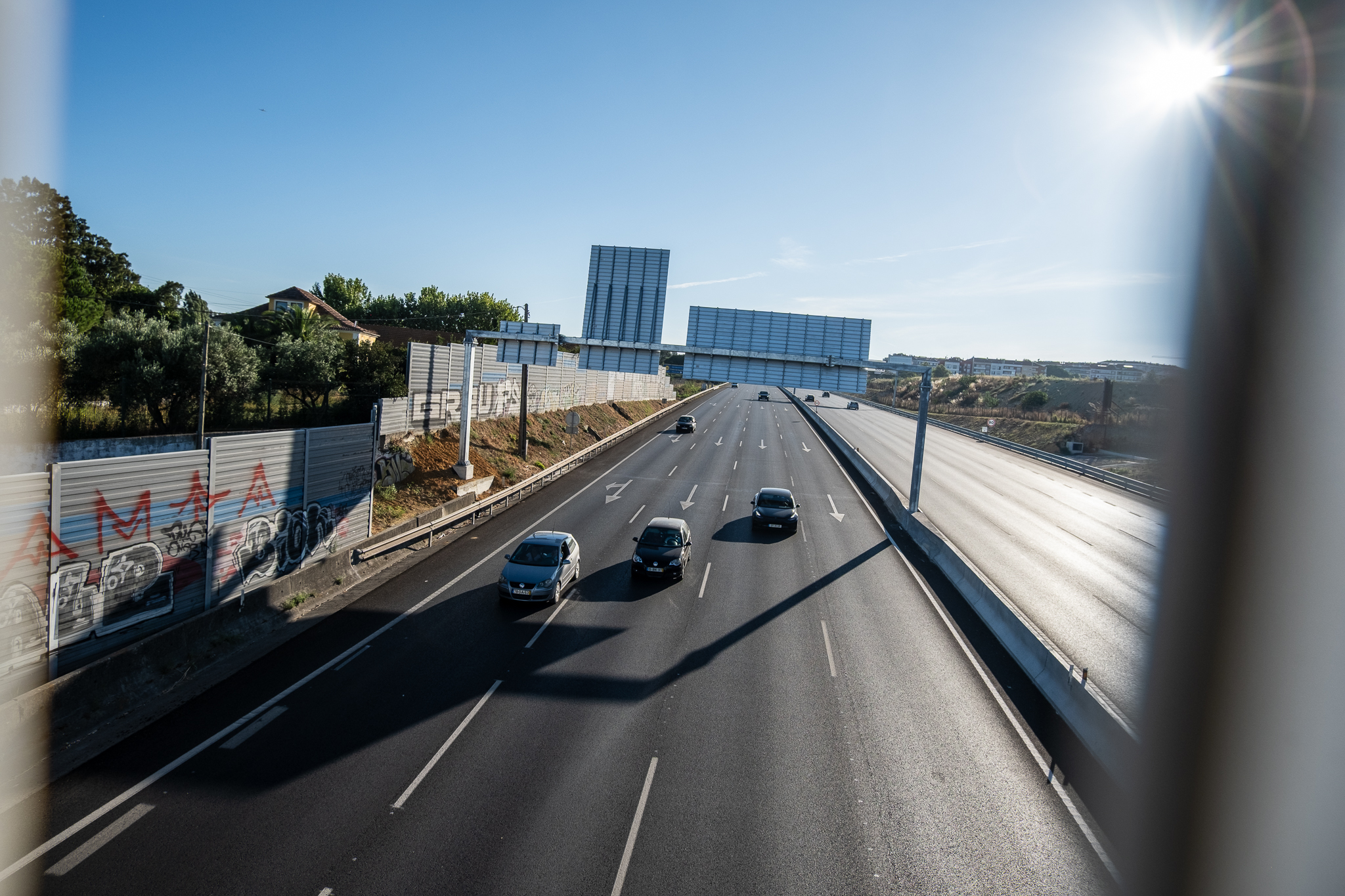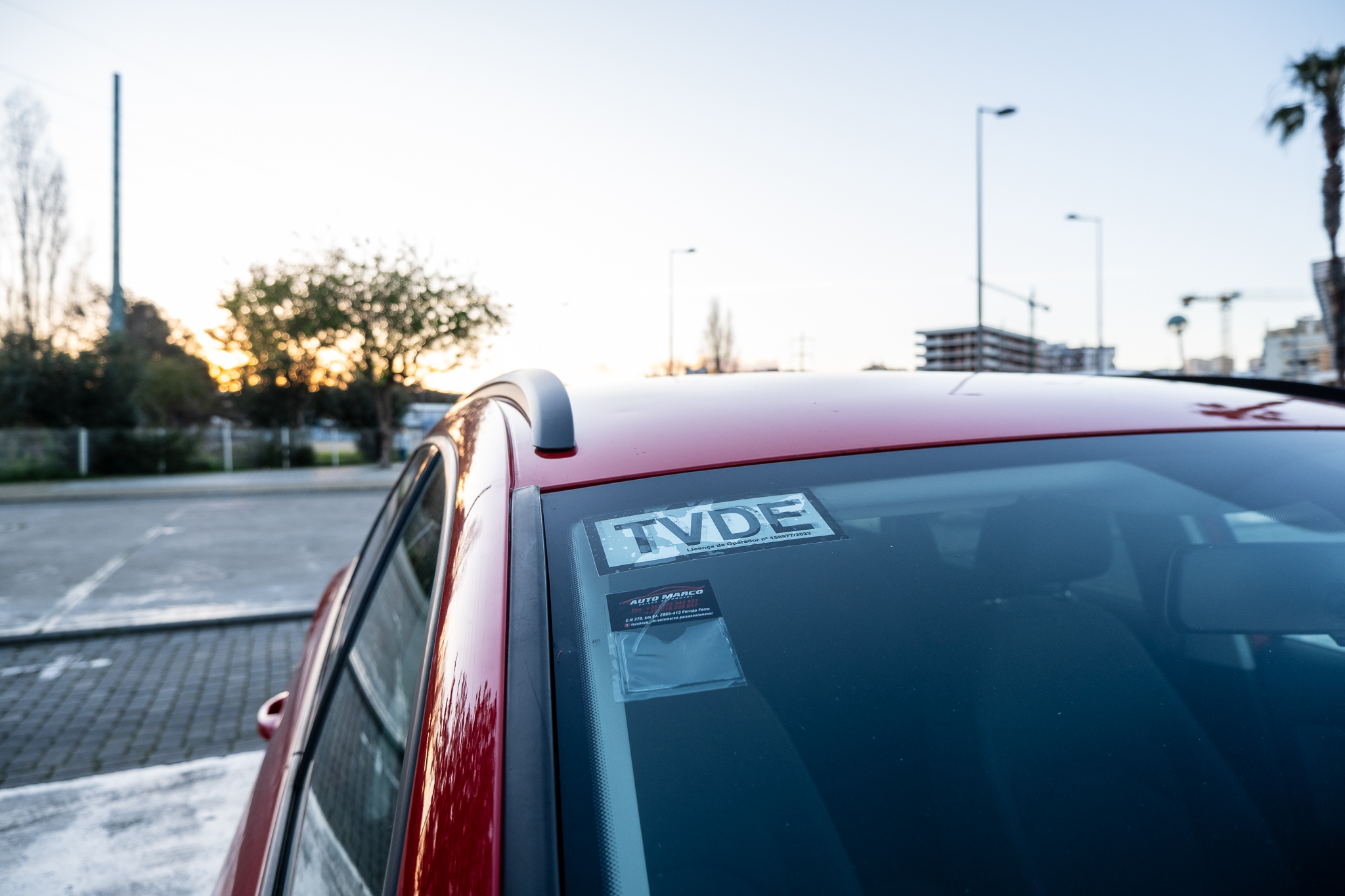
By 2025, 3% of all trips in the national territory should be by bicycle and, by 2030, this figure should rise to 7.5%. In the cities, the modal share of bicycle trips should reach 4% in 2025 and 10% five years later. These, at least, are the goals outlined by the Government in the National Strategy for Active Cycling Mobility 2020-2030 (ENMAC 2020-2030)which the Parliament almost in unison asks the executive to accelerate.
What is this strategy?
Aligned with a strategy for "reduce greenhouse gas emissions and achieve carbon neutrality within the next 30 years", o Government presented in 2019 a strategy to promote cycling mobility in the country, "where the majority of the population still uses their own car for most of their trips" and if you are looking for it now "the transfer of users to more sustainable and active modes of travel, such as cycling".
The implementation of this strategy will put Portugal at the level of other countries where this practice is already rooted, allowing to maximize health benefits for the population, remove cars from the streets, return the public space, relieve urban congestion, lower noise levels and reduce air pollution. With an integrated and clear strategy in the area of active cycling mobility, it is intended to make Portugal a "proudly active" country, where cycling is a safe and widely practiced activity, constituting an accessible and attractive mobility option, and thus maximizing benefits for health, economy, employment, environment and citizenship.
- Resolution of the Council of Ministers No. 131/2019
A ENMAC 2020-2030, which can be found herein addition to the modal share targets, sets other goals, including a total extension of bicycle paths in the country of 5,000 km by 2025 and 10,000 km by 2030, and the yet the reducing cyclist road fatalities by 25% by 2025 and 50% by 2030. The strategy involves several agents, including the IMT (Mobility and Transport Institute), the IP (Infraestruturas de Portugal), the APA (Portuguese Environment Agency) or the MUBi - Association for Urban Mobility on Bicycles.
The main objectives
Through ENMAC 2020-2030Portugal intends to:
- improve the Highway Code and the Traffic Signal Regulations to better include bicycle and bicycle rights;
- ensure good conditions for workers to cycle to work, in particular changing rooms and locker rooms, mandatory for medium and large companies in any sector of activity;
- Include in the school insurance coverage accidents involving students who ride their bicycles to school;
- implement cycling networks in a concerted manner between intermunicipal communities (CIM), metropolitan areas or between the respective municipalities, ensuring compatible design, continuity of routes and adequate maintenance;
- Encouraging the development of ecovias outside towns - quiet, attractive routes with little or no car traffic and strong potential for inter-municipal connections, which may include off-road sections;
- promoting cargo bikes in the logistics systems (loading and unloading), particularly in the first and last km;
- eliminate discontinuities in the cycling network and obstructions in the bike lanes;
- generalize traffic calming measures in urban areas, with the implementation of coexistence zones or the elimination of through traffic in the center of towns, for example;
- make intersections for cyclists safe and comfortable, for example, as bike boxes;
- Massify the installation of bicycle parking lots, e.g. Sheffield type;
- promote cycling paths for sport and leisure;
- stimulate the integration of the bicycle with public transportation, namely rail and river;
- Encourage the implementation of public bike sharing systems;
- introduce bicycle education in schools and foster road citizenship in driving schools to protect the most vulnerable road users;
- improve the training of professional drivers for the presence of the bicycle on the road;
- promote public participation through forums and meetings;
- increase the number of bicycle authority officers;
- intensify the enforcement of the Road Code by users of active modes in a preventive logic;
- implement measures to support the acquisition of bicycles, and the benefits for public and private entities;
- promote communication and awareness campaigns, the collection and monitoring of data at the national level, and periodically evaluate and review the national strategy.
A ENMAC 2020-2030 is born out of a context of "reversal of the trend seen in recent decades, in relation to the promotion of active modes and, in particular, the bicycle as a mode of transport". The document highlights CiclAndo (Plan for Promotion of the Bicycle and Other Soft Modes)presented in 2012, which "laid the foundation for a progressive awareness of active mobility"but also programs like U-Bikewhich provides university students and professors with bicycles for their daily commute, funding through Cohesion Fund which will allow the national cycling network to exceed 6 thousand km in 2023 (exceeding the 2025 goal), and also the Portugal Cycling 2030 Program intended mainly for the interconnection of municipal networks.
Lisbon's mobility strategy for 2030, stipulated in the document MOVE Lisbonis in line with the national strategy. The city government plans to have at least 200 km of bicycles in the city, to continue to expand GIRA, and to reduce car trips by 28% by 2030 - the goal is that the car will account for 34% of trips instead of the current 47% and that so-called "green mobility" (which includes walking, cycling, and public transport) will account for 66%.
Deputies call for acceleration
On February 25th, the Assembly of the Republic approved in plenary the Draft Resolution 972/XIV/2This report is an initiative of the Bloco de Esquerda (BE), recommending to the Government to schedule and start implementing the ENMAC 2020-2030 by the end of the first quarter of 2021, to anticipate the goals set for 2025 and 2030, and also to develop a National Strategy for Active Pedestrian Mobility 2020-2030.
The blockists write that "given the delay in scheduling, budgeting and implementation of the measures provided for in the ENMAC, as well as the absence of a proposed strategy for pedestrian mobility, active mobility will continue to remain on paper, damaging the environment, the climate, human health and the fairer use of public space. It is urgent to move from paper to practice".. The BE document was approved only with the abstention of Liberal Initiative and the absence of Chega. PS, PSD, BE, PCP, CDS-PP, PAN, PEV and the non-attached members Cristina Rodrigues and Joacine Katar Moreira returned in favor.
This is not the first time
Last July, and aggregating resolution projects from the PS, PSD, PAN and PEV, the Parliament had already recommended to the Government the implementation of a wide range of measures to support and stimulate active modes of transportation. A Resolution of the Assembly of the Republic no. 61/2020 integrated several proposals that MUBi had madeparticularly since the beginning of the pandemic, and in their first point the deputies urged the government executive to prioritize and accelerate the implementation of the ENMAC 2020-2030:
The Assembly of the Republic resolves [...] to recommend to the Government that:
- Resolution of the Assembly of the Republic no. 61/2020
1 - Prioritize and accelerate the implementation of the National Strategy for Active Cycling Mobility 2020-2030, in accordance with the goals set for 2025 and 2030, implementing and scheduling the respective measures until the end of 2020, in order to, in agreement with local authorities, encourage citizens to use the bicycle as an alternative mode of transport.
Also after the Assembly of the Republic presented and voted in favor of this proposal for amendmentDuring the specialty discussion, the State Budget for 2021 (Law no. 75-B/2020) has decreed that the Government prioritize and accelerate the implementation of the ENMAC 2020-2030 and ensure the execution of its measures in 2021:
Article 326 - Implementation of the National Strategy for Active Cycling Mobility
- Law 75-B/2020; State Budget for 2021
The Government, in compliance with the Resolution of the Assembly of the Republic no. 61/2020, of August 4, is developing the necessary actions to achieve the National Strategy for Active Cycling Mobility 2020-2030, prioritizing and accelerating its implementation and ensuring the scheduling and execution of its various measures in the year 2021.
A Resolution of the Council of Ministers which approved the ENMAC 2020-2030 determined that, by the end of 2019, the definition and programming of its measures and respective budgeting would be completedwhich has yet to happen. With the National Strategy for Active Cycling Mobility 2020-2030, the Government assumed the goal of converging the use of bicycles in the national territory with the average in the rest of Europe and that by 2030 at least one in every ten trips in Portuguese cities should be made by bicycle.
The Draft Resolution 972/XIV/2, which the Parliament approved at the end of February, specifically recommends that the Government
1. Define the planning of measures foreseen in the National Strategy for Active Cycling Mobility 2020 - 2030 (ENMAC), accompanying it with the respective detailed budgeting and schedulingby the end of the 1st quarter of 2021;
- Draft Resolution no. 972/XIV/2
2. Comply with ENMAC's map of measures, executing, by the end of 2021, the measures planned for 2019 and 2020;
3. Make an effort to bringing forward the 2025 and 2030 targets relating to increasing the modal share of bicycle trips, the modal share of bicycle trips in cities, the total length of bicycle paths, as well as the reduction of bicycle traffic fatalities;
4. Develop and implement, by the end of the 1st half of 2021, time-bound and budgeted measures for the creation of a Network of Intermunicipal Bikeways and Ecovias aiming at the connection between low density territories, and for the connection of the active mobility network to the road, rail and fluvial modes of collective public transport operating in these territories;
5. Present a proposal for National Strategy for Active Pedestrian Mobility 2020 - 2030by the end of the first half of 2021, promoting broad, informed, public participation;
6. Create and implement, by the end of the 1st semester 2021, a national education program for active mobility (pedestrian and cycling)This project is aimed at students, teachers, and parents, with the goal of increasing the correct and safe use of active modes of transportation, particularly for home-school-home journeys.
7. Reinforce the human, technical and financial means of the entities involved in the implementation of the measures foreseen by ENMAC.
Next door, in Spain, Government destined for your State Bicycle Strategy an own budget of 5 million euros in 2021to provide it with human resources, start its governance plan, hire consulting services, and organize the whole strategy.










